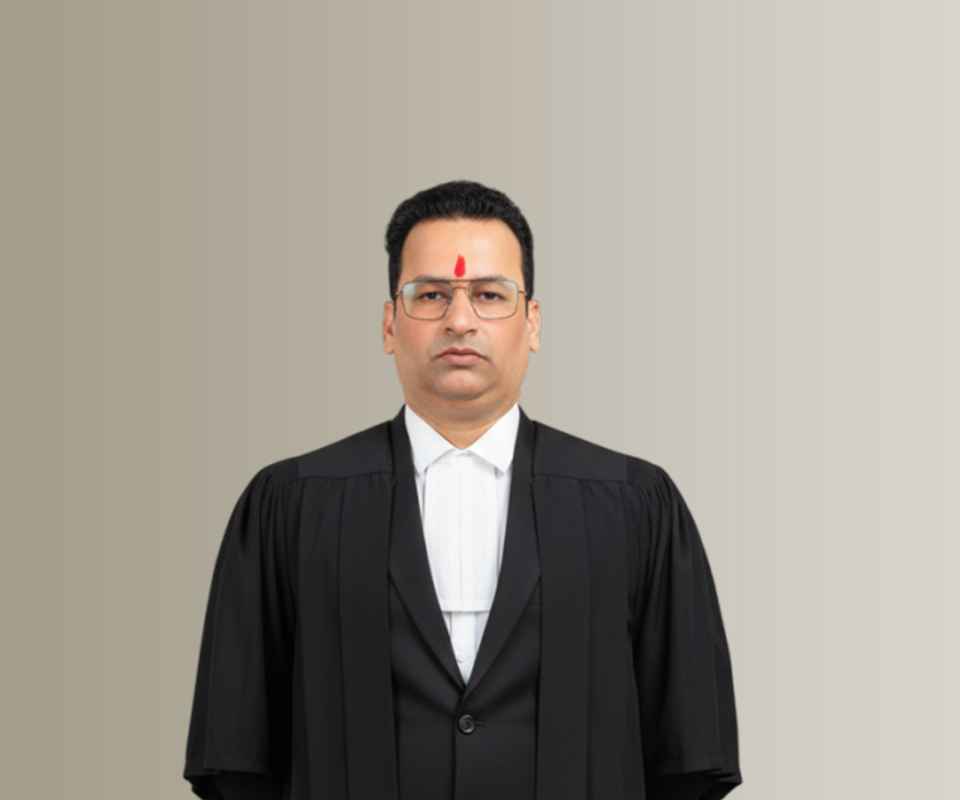Answer By law4u team
Under Indian law, the marriage of minors is not legally allowed, except under very limited and specific circumstances, due to child marriage being prohibited. The country has strict laws to prevent and punish child marriages, with a clear legal age set for marriage to protect the rights and well-being of minors.
Legal Age for Marriage in India
- For Women: The legal age for marriage is 18 years under the Prohibition of Child Marriage Act, 2006, which sets the minimum age for a woman to marry.
- For Men: The legal age for marriage is 21 years.
Prohibition of Child Marriage Act (2006)
The Prohibition of Child Marriage Act aims to prevent child marriages and declares them as voidable. A marriage involving a minor (below the legal age) is not automatically invalid, but it is considered voidable at the discretion of the minor when they reach the age of majority (18 for women, 21 for men). The law prohibits:
- Marriage of a girl under 18 or a boy under 21.
- Any arranged or forced marriages of minors.
Consequences of Child Marriage
- Voidable Marriage: If a minor gets married, they have the right to approach the court to annul the marriage once they reach the age of majority.
- Punishment for Child Marriage: Anyone involved in facilitating child marriages, including the minor's parents, the person marrying a minor, or religious or community leaders, can face legal consequences, including imprisonment or fines.
Hindu Marriage Act (1955)
- Under the Hindu Marriage Act, the minimum age for marriage is 18 for women and 21 for men. Any marriage where either party is underage (i.e., under 18 for women and under 21 for men) would be considered illegal and punishable under the law.
- A marriage involving a minor is still legally recognized but can be annulled by the minor when they attain the legal age.
Special Marriage Act (1954)
- The Special Marriage Act, which allows marriage between individuals from different religions or those opting for a civil marriage, also prescribes the same legal age—18 for women and 21 for men. A marriage involving minors under this Act is not legally valid and can be annulled.
Exceptions (Limited Circumstances)
- Parental Consent: In certain cases under specific personal laws or traditions, parents may attempt to consent to the marriage of a minor, but this is still subject to the legal provisions under the Prohibition of Child Marriage Act. Parental consent does not override the legal age requirement.
- Marriage Under Customary Law: Some communities might follow customary laws that historically allowed early marriages. However, even in such cases, the Prohibition of Child Marriage Act takes precedence over customs and declares marriages below the legal age to be illegal.
Legal Actions
- If a marriage involving a minor is discovered:
- The marriage can be annulled by the minor upon reaching the legal age.
- Parents or guardians can file a complaint if they believe the marriage occurred illegally.
- Offenders who marry minors or conduct such marriages face criminal prosecution under the Prohibition of Child Marriage Act.
Example:
If a 16-year-old girl is married to a man aged 22, the marriage would be considered illegal under Indian law. The marriage is voidable, meaning the girl can seek annulment once she reaches the age of 18. The person who facilitated the marriage (such as the groom or the family) may face legal consequences, including imprisonment or fines for child marriage.
In conclusion, minors cannot legally marry under Indian law. Any marriage involving individuals below the legal age (18 for women and 21 for men) is considered illegal, and the law provides mechanisms to annul such marriages and punish those responsible for facilitating them.







